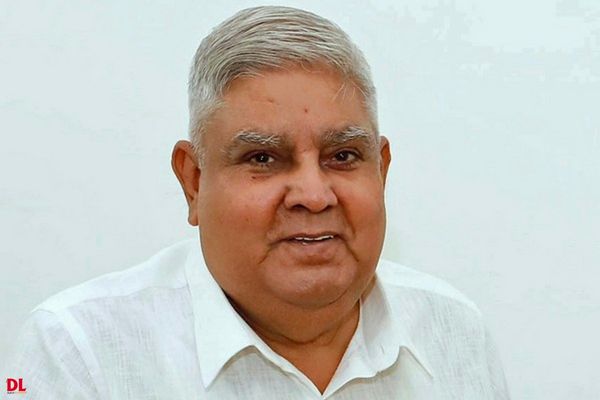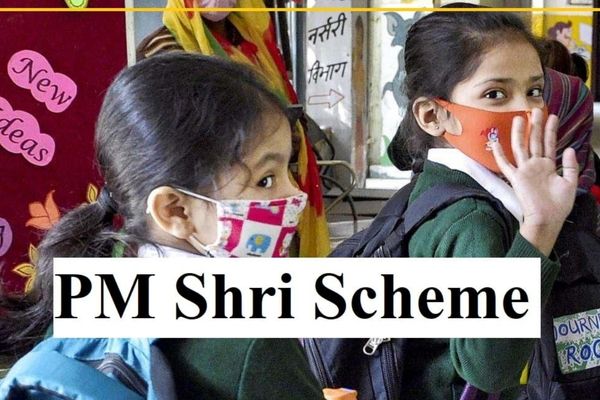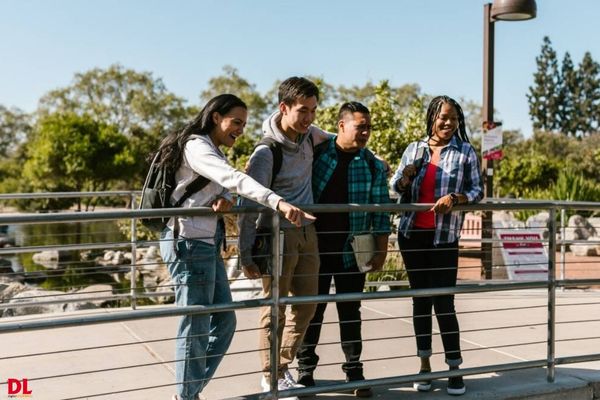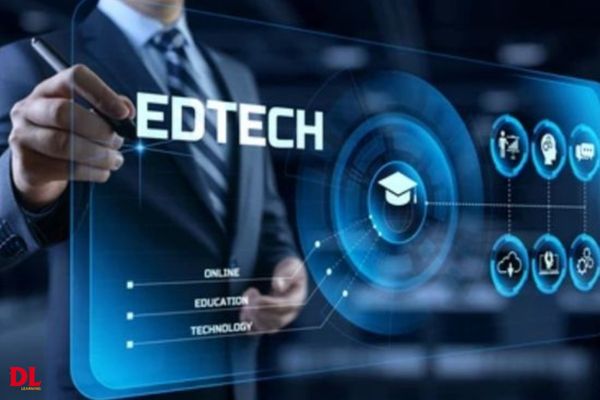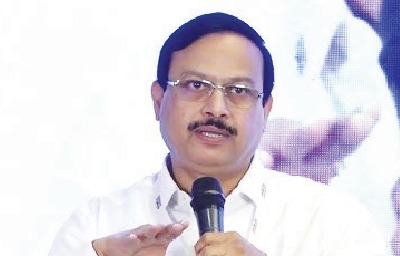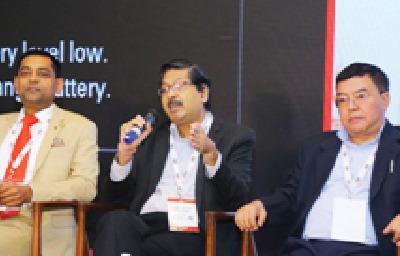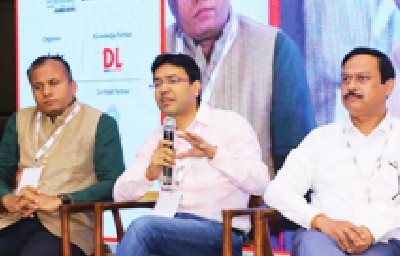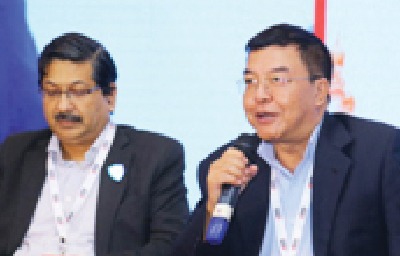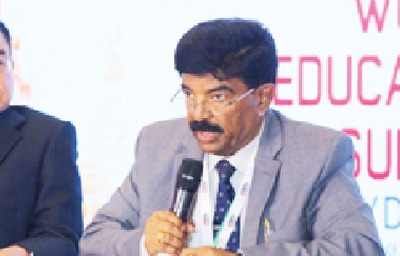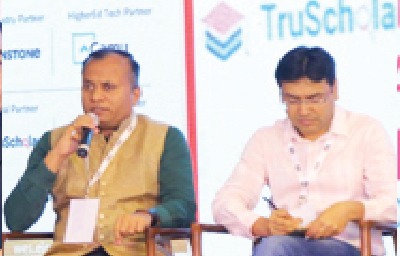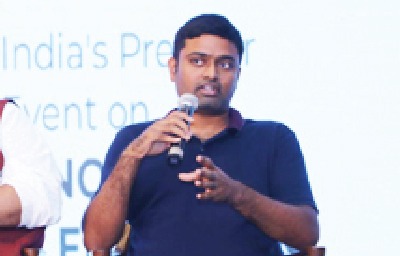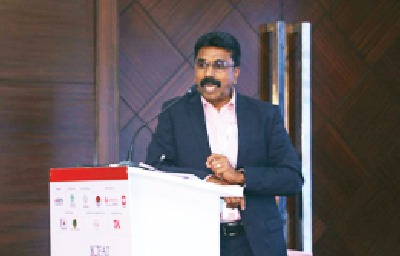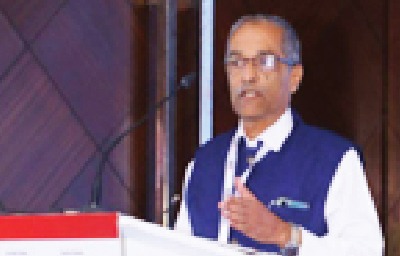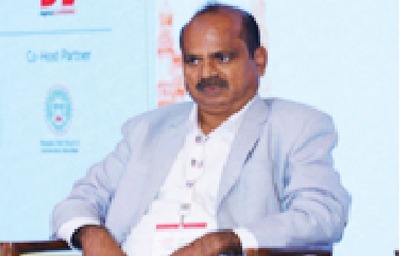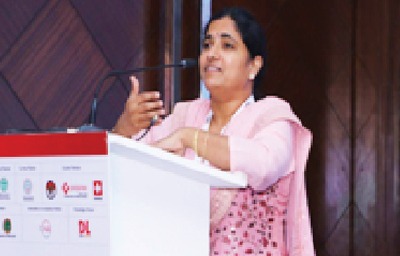Leaving the monotonous physical world and entering into enthralling virtual space, seems fascinating! The world that is right now in its infancy phase is bringing the most flexible and ineffable application of virtual reality. A cosmos, full of wonders, creativity, independence, and virtuality. But technically the metaverse is an idea that has been around for a while: A 1992 novel, Snowcrash, by science fiction author Neal Stephenson, also shared a virtual world that could exist alongside our physical one. Today, that very vision is taking shape as a highly immersive version of the internet.
Metaverse is an 8 trillion market today. As the pandemic has opened doors for tech adoption, many other technologies are also flurrying their space in the most unutterable manner. The base privilege that is swaying the consumers of the metaverse is autonomy and control, and the amazing conversion of space from a 2D graphic to a 3D space is also gaining the most of the attraction. Also, the boom took place, as it offered a lot of fortune to developers, service providers, platform enablers, etc. From virtual shopping malls to product launches, it presents ample possibilities in terms of innovation, opportunities, and creativity.
A rendezvous with Metaverse
Most of the populace get introduced to ‘Metaverse’ when the most popular social media giant Facebook (earlier name) renamed itself to ‘Meta’ earlier this year– It was an effort to usher metaverse, a new world built in virtual reality. Retail giants, like Walmart and Nike, are already preparing to create NFTs and cryptocurrencies in order to explore the Metaverse. Gen Z is very familiar with the virtual experience, making the metaverse a good fit for young consumers.
While the metaverse is already swaying an immense industry approach, some Design professionals are also on the way to discovering the tremendous utility of metaverse instead of their day-to-day practice of working in the physical realm. Gloria Maria, a Milan-based fashion curator, took a spree to explore the opportunities in the metaverse and came up with the idea of launching the firstever magazine in the metaverse. “If there is space for art, music, and fashion, there should also be space for journalism in the incredible world of metaverse”, she said while launching ‘ RED EYE – Metaverse born magazine.’
Not just that, a lot of other industries like education, e-commerce, real estate, gaming, and more have forayed into the most fascinating world of the metaverse. It is the future of retail, innovation & consumerism, and but obvious the most successful application of AI and immersive reality.
Metverse meets Education
Nobody imagined the omnipresence of technology and education simultaneously. Educators were settled with picking up a book and teaching, but the trajectory changed almost overnight. However, before covid, it was almost impossible to imagine evolving the education space with virtual reality and its application metaverse.
This is clear – Metaverse has the potential to make education more accessible, entertaining, and interactive than it has ever been. Moreover, it is already going on an envisioned trajectory. Many Indian institutes have already started experimenting with the possibilities. Quite a few schools & institutes in Delhi NCR have launched virtual labs with the help of virtual and augmented reality. Recently, the Central Board of Secondary Education (CBSE), India’s core education board, even collaborated with social media giant Meta to explore the use of metaverse in education and training. Dr. Biswajit Saha, Director, training and skill education, CBSE said, “By empowering students through immersive technologies like AR and VR, skilling on metaverse can make our workforce creator and producer oriented.”
Edtech companies are also jumping onto this opportunity to maintain a competitive edge. According to a few industry experts, metaverse is a novel way of learner-centric approach and may allow students to create their own classroom space and can also learn while interacting with teachers and students abroad. Bringing these immersive technologies into learning environments will promote the growth of children through multi modal learning. It would also widen students’ horizons, introducing them to lifestyles and cultures beyond their own.
Another possible usage can be attending multiple events in virtual space both by students and teachers irrespective of their geographical locations. They can have their virtual avatars to represent themselves, they can talk, question, answer, and all of that will be very much like the brick and mortar classrooms. The idea of learning in the presence of a teacher is also retained in the metaverse. In fact, it views the teacher as the main proponent of instruction, learning, and teaching.
Studies also show that students today are more interested in interactive learning and the metaverse is a step higher for the same. It is very much a physical classroom but with a virtual avatar.
Looking through the lens of industry
The industry has a lot to say in the newly formed $8 trillion market, which is continuously bullish for more. To get a viewpoint of the same, we talked to a few of the industry’s people. And this is what they had to say:
Ranga Jagannath, Senior Director, Agora said, “Despite being in its infancy, technology titans, gaming behemoths, and others are building their virtual worlds or metaverses.
We see exciting metaverse use cases emerge in the education sector now. A significant impact that metaverse can have on education is changing learning outcomes by enabling interactive and immersive experiences that permit teachers and students to discover new approaches to teaching processes and information sharing.
As the metaverse gains traction, it will be necessary for developers to build robust platforms that can support this innovative technology. A Real-time Engagement (RTE) platform bridges the gap between limitless virtual and physical worlds, delivering metaverse connectivity from one-to-one to one-to-many using any device. RTE solutions provide the building blocks to create branded virtual worlds at any scale, with a diverse toolset that works reliably across the globe. In the future, with such practices, virtual 3D classrooms, virtual campus activities, and simulating real-life situations are some ways in which we can expect the metaverse to redefine education.”
Chander Damodaran, CTO – Cloud Engineering, Brillio said, “The rapid adoption of digital across industry segments further fuelled by the pandemic has seen a significantly large cross-section of enterprises embarking on their digital transformation journey with an emphasis on digital experiences anywhere, anytime across digital channels. The education sector has specifically seen very quick adoption of the digital medium. With the rapid unfolding of the metaverse, the arena to learn, train and upskill is wide open. There will be changes in working styles, operations, training, and so on to meet the demand of the next-gen workplace.”
“Convergence of virtually enhanced physical and digital reality is no longer limited to gaming, Opportunity to level up people skills with compelling, connected, and immersive experiences that translate to experiential training has led to an increased adoption of #metaverse by the education sector and this will further make way to the ‘forever learner’ in the coming years. This would mean an updated practice of learning that focuses on workplace skills, new reality skills, and cognitive skills”, he concluded.
Rise of metaverse – Peril or promise?
As technology application in education is still in its early stages, a major challenge is infrastructure and enabling it for normal users. On the other hand, people are still wondering how to make the best use of it due to accessibility issues. Though education institutions and Edtech companies are leveraging the metaverse in education to remove distance and physical barriers from learning, the application understanding is making it difficult for normal beings to adapt to it.
Apart from the myriad world of opportunities it offers, it is also evident that it is somehow depleting the in-depth tradition of learning. Edutainment (Education + Entertainment) is a good way of going forward, but some students are focussing more on the entertainment part rather than education.
As technology is still flourishing, glitches and flaws are a part of the journey. The bewildered stage is paving the path for innovation, the entire education ecosystem is looking up to the trajectory it can offer to the already evolving paradigm.






